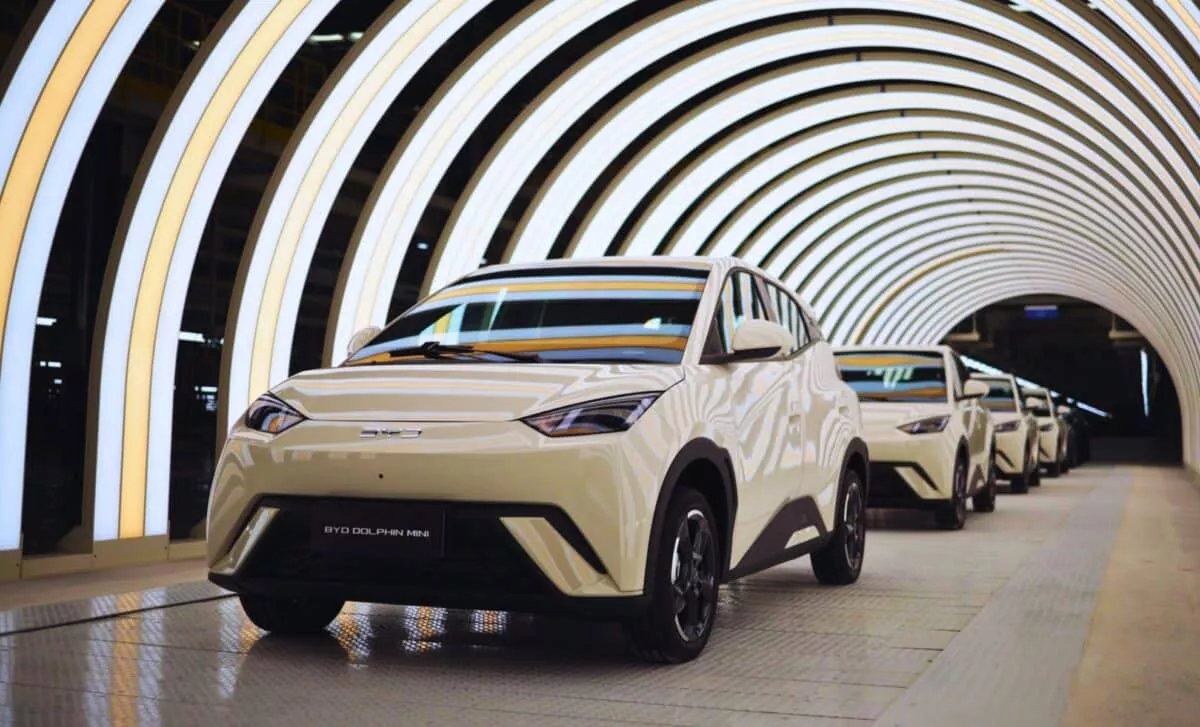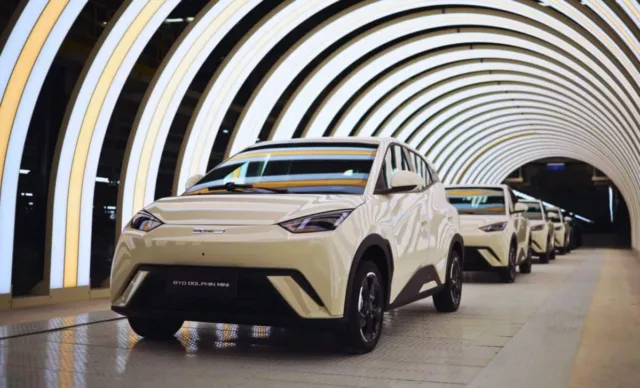
In a pivotal moment for the global electric vehicle (EV) industry, Chinese automaker BYD has officially overtaken Tesla in worldwide car deliveries, signalling a fundamental shift in the sector’s competitive dynamics. The once-dominant Tesla is now trailing its Chinese rival amid declining sales and increasing global competition, according to Daily Galaxy.
According to data from CNEVPost, BYD delivered an impressive 606,993 electric vehicles in the second quarter of 2025, representing a 42.5% increase year-on-year. The company’s total deliveries in the first half of the year have already surpassed the one-million mark, with 1,023,381 units sold globally—far ahead of Tesla’s 720,809 vehicles during the same period.
BYD’s rise comes despite a broader cooling of the global EV market. The company’s ability to expand its lineup and maintain a rapid rollout of affordable models has allowed it to gain ground rapidly. In particular, BYD’s overseas sales have more than doubled from 2024, reaching 464,266 units in the first six months—highlighting the brand’s growing international appeal.
Meanwhile, Tesla has reported a second consecutive quarter of declining sales. In Q2 2025, the American EV pioneer delivered just 384,122 vehicles, down 13.5% from the same period last year. This marks another setback following a weak first quarter and raises fresh concerns about the company’s ability to regain its competitive edge.
While Tesla CEO Elon Musk has attributed the slump to external factors such as supply chain disruptions and shifting market conditions, analysts point to deeper issues. Slower model refresh cycles, delayed new product launches—such as the long-awaited Cybercab—and a reliance on premium-priced vehicles have narrowed Tesla’s market appeal in an increasingly price-sensitive environment.
The ascent of BYD signals a dramatic transformation in the EV landscape. Unlike Tesla, which has historically targeted the luxury segment, BYD has focused on producing a broad spectrum of electric vehicles, many of which are competitively priced for the mass market. Its vertically integrated production model—manufacturing batteries, semiconductors, and key components in-house—has shielded the company from many of the supply chain shocks that have hampered other automakers.
As BYD continues to ramp up its global presence, particularly in emerging markets across Asia, Latin America, and parts of Europe, industry observers believe the company is poised to consolidate its lead further. With its strategic emphasis on affordability, efficiency, and localised production, BYD is not only challenging Tesla’s dominance—but redefining the rules of the EV game.
Tesla’s future may hinge on how quickly it can adapt to the changing market landscape. Innovations like the Cybercab and next-generation battery technologies may eventually help the company recover lost ground. However, for now, BYD has seized the momentum—and the numbers make it clear: the electric vehicle crown has changed hands.
By Vugar Khalilov









